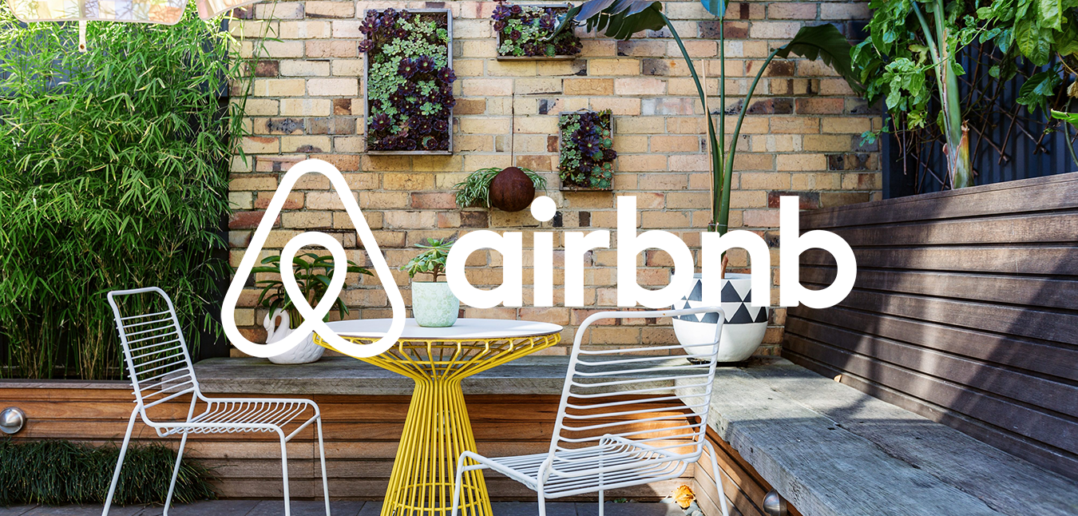Head to the States and there’s something a Brit finds hard to get their head around. Advertised prices. You can’t figure out what you’re supposed to pay, so it’s really hard to find the correct change in advance.
Hotels are no different. We’ve stayed in Miami and each night attracts a resort tax, a local and state tax, service charges and much more. A $400/night hotel can easily end up closer to $500/night and, one look through TripAdvisor and people still get annoyed the hotel over these additional charges.
British consumer law is ridiculously thorough, particularly over how retailers advertise prices and must reflect these within the cost of the goods. If you buy a cup of coffee advertised for £3, you can find £3 in change knowing that’s what you’ll be asked to pay. Of course, you can choose to add your own tip on top, but you know where you stand. Same with a hotel stay. If you book your hotel and you see a £200/night booking, you’re charged £200, unless the booking clearly – and we mean clearly – shows expected additional charges.
Recently, when we stayed in Palm Springs, we were asked by the host to pay an additional $100 local tax (on top of all the other charges) and outside of the Airbnb network, which is always a worrying request.
One issue we have with Airbnb is that some of these small Americanism’s are still prevalent within the advertised prices. You can scroll through a list of villas and drill down based on price and affordability. You spend ages picking your favourites and it’s only when you make the booking do you see the additional charges, including local taxes, a service fee and cleaning charge. And often the cleaning charge can be excessive as the host attempts to claw back extra revenue from this charge.
Worse, the advertised prices are never what you see when scrolling through Airbnb’s litings. An Airbnb can be displayed as ‘from £80/night’ but that’s for a booking made on a cold November night when fewer people want to be travelling to, say, Barcelona. If you book in July, the advertised price isn’t correctly displayed until you select the dates of travel and you’ll find that same villa which was £80/night is more like £300/night, due to demand.
With this in mind, the European Union has told Airbnb it has 7 weeks to come up with alternative methods of displaying bookings, advertised prices and fees involved. In addition to consumer pricing, the EU has gone further and asked for clarity on refunds and compensation.
We can offer another personal example of Airbnb refunds. We recently had a host cancel 2 nights of our 4-night booking. As it was so close to the booking, we weren’t automatically refunded due to Airbnb’s policy. The only way to receive a refund – for a booking cancellation out of our hands – was for the host to call Airbnb in the States and explain the reason why he had to cancel. Airbnb then called us for clarification before messaging to check we really do want a refund. What a convoluted way of getting our money back for a booking cancellation made by a host.
The EU wants a clear and obvious resolution dispute link and option to be presented on every booking.
Finally, the EU has also told Airbnb it needs to be more clear on displaying information about whether the host is an individual or professional hosting company.




